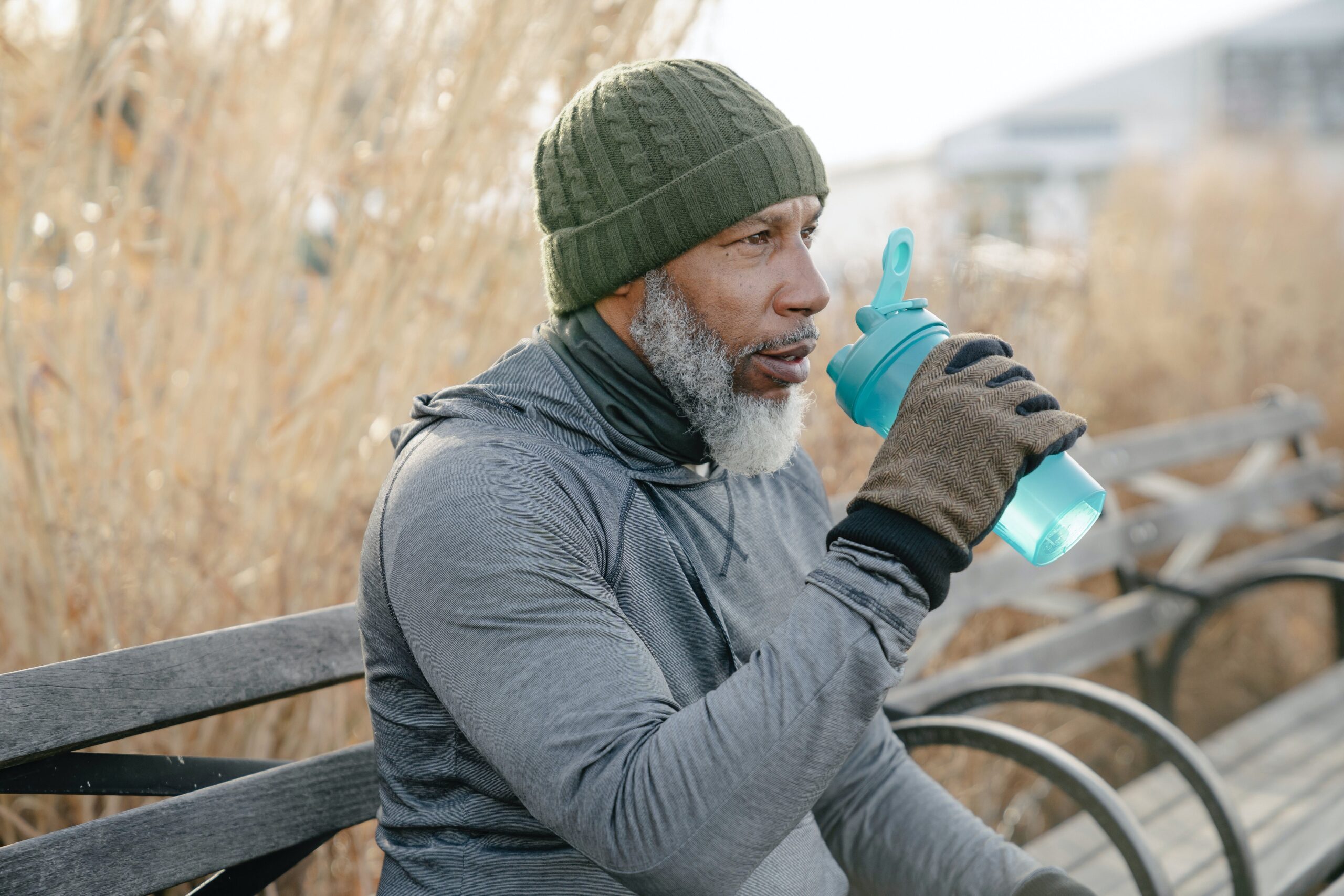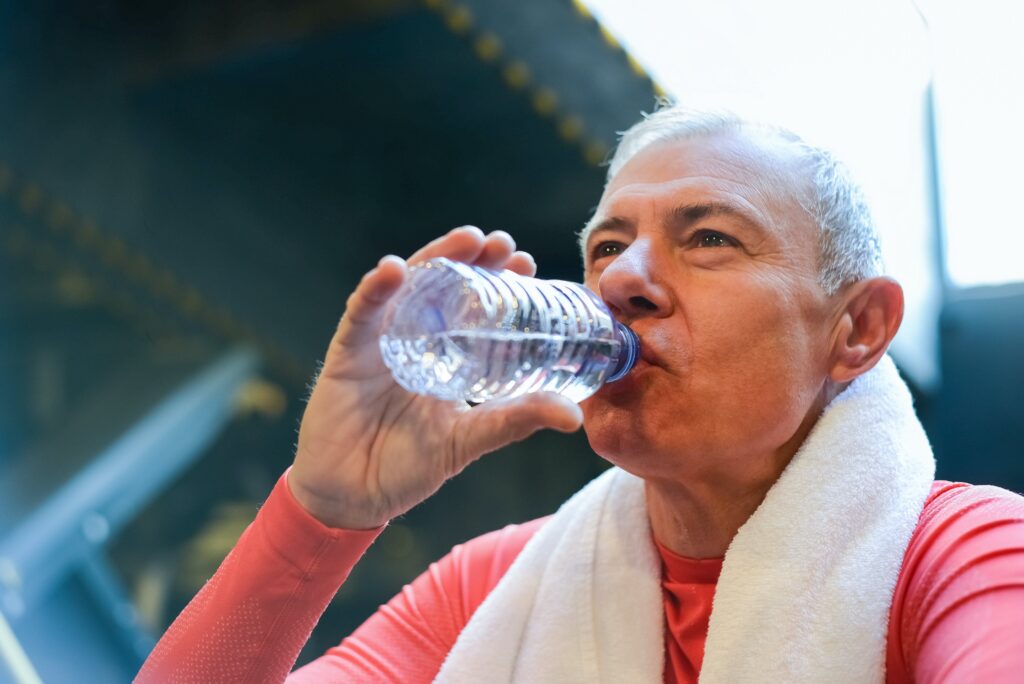
It’s important to know about the importance of hydration and how much water is enough, especially as we start to increase our level of physical activity. When our body’s demand for adequate hydration increases, it is important to understand why and what we can do about it.
As we become fitter, our bodily functions such as digestion, respiration, and circulation are increased.
The energy produced during exercise places a greater demand on these systems in order to allow our bodies to move more.
Think of food as the fuel we put in our car, which provides the car with energy to move, and the water in our body as the oil in the car that allows for those processes to happen more efficiently.
When adequately hydrated, our body is better at regulating our temperature, especially during exercise.

If we don’t keep our body adequately hydrated we become dehydrated, which can cause an array of different problems such as:
When your body isn’t adequately hydrated, the blood becomes thick and does not flow effectively.
This can prevent efficient transportation of oxygen-rich red blood cells and glucose which is essential for energy production.
The production of body waste is hampered by dehydration. Think of pumping cement, the more water in it, the easier it will come out of the pipes!
In our joints, we have a substance called synovial fluid. This fluid acts as a lubricant, and, as you probably guessed, it’s made up of mostly water.
By not having enough water in our system, (especially as we become more active) our body’s joints will dry out and can become ineffective. The lack of lubrication will cause more wear and tear on our joints, and lead to pain!
The human skin loses its elasticity as we age. Couple that with dehydration and the skin becomes like a wilted tree that has lost its turgor.
The kidneys are one of the most hard-working organs in the human body. Their main role is to act as a purification system for the blood, filtering out and excreting waste products through urine.
When we are dehydrated our urine has a higher concentration of waste. This can lead to the formation of crystals which can affect kidney function and lead to kidney stones.

Water should always be your drink of choice for maintaining hydration, but some fruits have between 80 to 98% water content. Besides, these are a valuable source of some of the body’s essential electrolytes.
Remember alcoholic drinks and those high in caffeine act as a diuretic and will increase dehydration.
There are many different opinions on how much water we should drink a day, but an easy one to remember is: 30-40 mls per kg of your body weight. You may need to increase this, as you increase your level of activity.
EXAMPLE: an 80kg person should consume 2400 mls — 3200 mls per day. i.e. 80 x 30 = 2400 mls or 2.4L
The best indicator of how hydrated you are however, is simply to look at the colour of your urine. This should be a straw colour. (Be aware that some vitamins etc. will change the colour of your urine).
Stay hydrated, stay healthy and stay happy. 😃
Kind regards,
Heath


Heath Jones is the founder of Active & Ageless and has over 20 years’ experience in the Health & Wellness space.
He holds the following qualifications:
Bachelor of Nursing
Postgraduate in Exercise Science
Diploma of OHS
Cert 3 & 4 Fitness
Cert 4 Training & Assessment
Older Adults trainer


